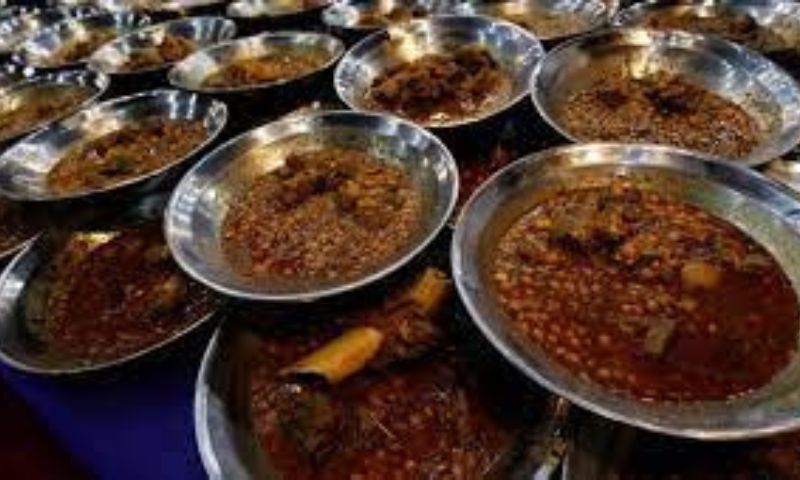ISLAMABAD: Gastroenterologists are urging chronic patients and individuals with mild to moderate stomach-related problems to exercise caution when consuming heavy and spicy meat dishes during and after Eid Al-Adha. The excessive intake of such foods, especially for an extended period, may lead to serious health threats and complications, even in seemingly healthy individuals.
According to experts, chronic patients suffering from conditions such as hepatitis B and C should be particularly mindful of their diet during Eid celebrations. The regular consumption of heavy, spicy, and fried meat dishes can exacerbate complications in these patients. Similarly, individuals with heart disease or diabetes should also take precautions and avoid excessive and regular meat consumption.
While eating meat in moderate quantities during Eid is generally harmless for healthy individuals, those with diabetes and compromised kidney function should consume only small portions to avoid complications.
Professor Dr. Muhammad Shoaib Shafi, Senior Vice President of the College of Physicians and Surgeons Pakistan, explains that diabetics with normally functioning kidneys can consume moderate amounts of meat, as they are not medically advised to completely avoid meat dishes. However, the excessive consumption of meat over the three days of Eid or throughout the week may lead to problems even in healthy individuals.
Meat Intake During Eid Al-Adha
Chronic patients with hepatitis B and C are advised to limit their meat intake to a small quantity. Patients with these conditions who have ascites (fluid accumulation in the abdomen) or a history of blood vomiting should consume no more than 40 grams of meat within a 24-hour period. Dr. Shafi emphasizes that consuming larger quantities of meat can result in unconsciousness, blood vomiting, or seizures for patients with chronic hepatitis B and C.
If a hepatitis B or C patient experiences irrelevant speech or other concerning symptoms after eating meat, immediate medical attention should be sought. Individuals with hepatitis B or C but with normal liver and kidney function can consume a moderate amount of meat. However, they too should avoid excessive meat consumption during and after Eid.
People, especially those with peptic or duodenal ulcers, should also limit their meat intake during this period. Health experts caution that excessive meat consumption in one sitting can lead to health problems for individuals of all backgrounds and should be avoided.























